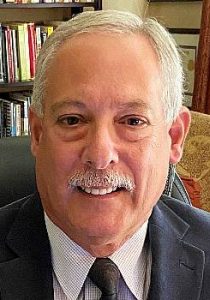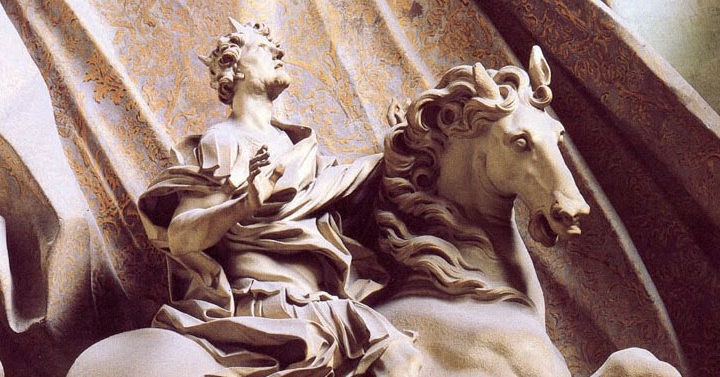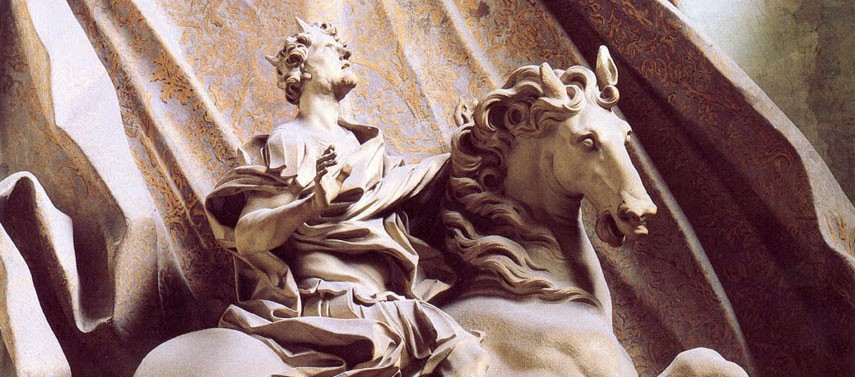A few weeks ago, I attended my niece’s wedding. While my wife and I waited for the service to begin, I found myself in a conversation with the young minister who was conducting the wedding ceremony.
Although he had attended Southwestern Baptist Theological Seminary, he now led a nondenominational Pentecostal congregation. Since he had a Southern Baptist background, I was uneasy about this conversation. I didn’t want to get into a “fundamentalist-modernist” debate with him, sparked, I felt certain, by my confessing I had earned two degrees from Southern Baptist Theological Seminary in Louisville, Ky.
But once I revealed myself as a liberal church historian, this very bright young minister surprised me with a question I never would have expected: “As a church historian, what do you think people will be saying about American Christianity in 200 years?”

Andrew Manis
Trying not to show my surprise, I stalled for time by commending his very astute question. Eventually, the thought occurred to me that I could surprise him with my answer. I speculated that by the year 2224, I hoped evangelical Christians in America will have realized a religiously pluralistic society was not a situation to be feared, as evangelicals currently believe, but they would view it as a fertile field for converting a culture.
There is a historical precedent for that, after all. The first three Christian centuries were a survival of the fittest between Christianity and a culture of many religions, the most challenging of which was worship of the Roman emperor.
But I digress. Back to my recent conversation. My minister friend immediately grasped how much healthier it would be for contemporary evangelicals to view America’s religious diversity and even our high numbers of immigrants as a fertile missionary field and a powerful opportunity to convert our culture. Rather than fearing that “millions of criminal immigrants,” who Donald Trump says are “destroying our country” and whom he promises to deport within 24 hours of taking the oath of office, evangelicals could put down their quest for grasping and keeping political power and instead reassert their evangelistic zeal.
The earliest Christians had embraced an illegal religion within the Roman empire and found themselves the victims of periodic persecutions at the hands of various Roman emperors. But when Constantine needed a unifying agent to hold his empire together, he chose Christianity as his religious glue.
This is what turned the emperor into Constantine the Great — at least among those Christians fatigued with intermittent persecutions and longing, even pining for the power borrowed from the absolute power of the emperor. Thus, long before Lord Acton instructed the world that “power corrupts and absolute power corrupts absolutely,” Christian history taught the same lesson.
Then I reminded my new pastor friend that once upon a time, many Baptist Christians at various and sundry times rejected the very idea of Kaisaros and Ecclesia’s mutual embrace. They called it “the fall of the church.” From that point, they insisted, both Catholic and Orthodox churches not only made peace with the emperor’s favor but kissed him on the mouth and made love to him. But when Baptists began their common life in America as a true minority persecuted by both Puritan and Anglican religious establishments, they spoke a contrary witness and demanded the separation of church and state.
That is, until Baptists and other evangelical Christians grew large enough to become the religio-cultural establishment in America. With the rise of the Religious Right in the 1980s and ’90s, and now the emergence of Christian nationalism, fearful evangelicals now prefer “Christian nation-ism” to multiculturalism. They view immigrants and celebrities and Democrats as “the enemy from within,” and are making love with an orange-haired “emperor with no clothes.”
So maybe my prediction that in 200 years the American church will have understood the dangers of their social and political intercourse with Donald Trump is too optimistic. My new young “Bapti-costal” minister friend was astute enough to see this.
May God help evangelical people to clean the scales from their eyes and see what God sees. May God help us if they don’t.
Andrew M. Manis is emeritus professor of history at Middle Georgia State University and author of A Fire You Can’t Put Out: The Civil Rights Life of Birmingham’s Rev. Fred Shuttlesworth. He is currently working with Mark V. Puroshotham, producer and director of Mercy Pictures, on a documentary based on the book. Learn more about that project by emailing [email protected]. The views expressed here belong solely to the author and do not reflect the perspectives of Middle Georgia State University.
Related articles:
From empire to freedom: The hope of our faith | Opinion by Jamar Boyd II
The survey findings keeping me up at night | Opinion by Robert P. Jones
Matthew Taylor’s new book explores how ‘the fringe became the carpet’ | Analysis by Steve Rabey
How will your grandchildren look back on your vote this year? | Opinion by Mark Wingfield


